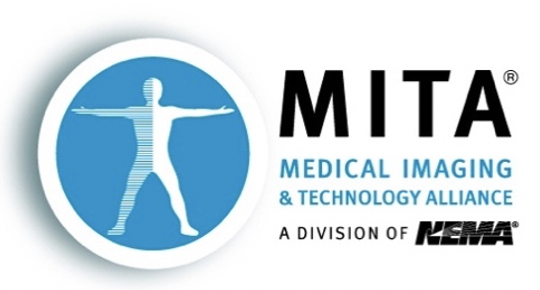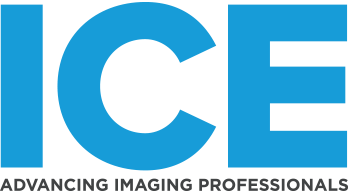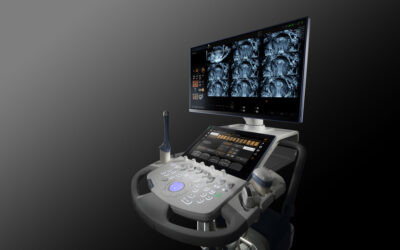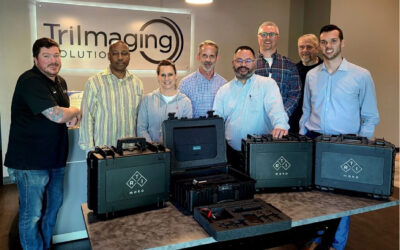
The Medical Imaging & Technology Alliance (MITA) has written a letter that calls for the U.S. Food and Drug Administration’s (FDA) to strengthen its guidance on medical device remanufacturing and urged the agency to take the necessary steps to properly enforce the regulatory requirements associated with remanufacturing activities, including implementation of a quality management system, federal registration and reporting of adverse events.
“Central to the FDA protecting patient safety as pertains to remanufacturing, the agency needs to know who these companies are and hold them accountable for their activities. Otherwise, a significant number of remanufacturing activities may never be known to the FDA, creating a major public health concern,” MITA Executive Director Patrick Hope said.
The letter points out that uncontrolled remanufacturing activities that escape appropriate oversight present a significant risk of:
- Performance or safety events, leading to misdiagnosis, mistreatment, or even injury
- Creating uncleared, unapproved, adulterated, or otherwise non-conforming devices
- Allowing non-conforming devices to remain in use
- Reintroducing non-conforming devices into interstate commerce
To ensure that this guidance brings about the necessary changes to protect patient safety and device performance, MITA advocates for a robust, proactive plan to implement and enforce regulatory requirements for remanufacturing.
“In its 2018 report, the FDA concluded that a majority of adverse events reported to the agency thought to be related to servicing — including those contributing to deaths — actually pertained to remanufacturing, an activity regulated comparably to manufacturing,” said Hope. “This conclusion shows that entities performing servicing often cross into remanufacturing, which is explicitly regulated by the FDA. Therefore, the FDA needs to enforce proper oversight over servicers whose remanufacturing activities have previously escaped notice, ensuring devices work safely and effectively for their intended use.”
In addition to the risk-based approach outlined in the draft guidance, MITA also endorsed requiring all medical device servicers to proactively adopt relevant quality management systems already governing original equipment manufacturers (OEM). The MITA letter notes, “Performance of servicing and remanufacturing activities within an appropriate quality management system by properly trained technicians using qualified, properly sourced parts greatly reduces the risk of harm to the patient or operator and objectively maintains the performance of the device.”
The draft guidance from the FDA identifies activities that typically change a medical device’s performance or safety specifications and fall under the definition of remanufacturing. MITA also suggests several additional activities the agency should consider including in the final guidance document.
MITA also advocates for removing the product labeling recommendations, noting that the policy outlined in the labeling section of the draft guidance would eliminate OEM intellectual property protections and allow for uncontrolled wide release of proprietary servicing materials, creating an irrevocable loss of trade secret protection for manufacturers.
The full MITA comment letter is available here.
The deadline to comment on the FDA draft guidance is today (September 22, 2021).
For more information, visit https://www.federalregister.gov/documents/2021/08/05/2021-16695/remanufacturing-of-medical-devices-draft-guidance-for-industry-and-food-and-drug-administration.








